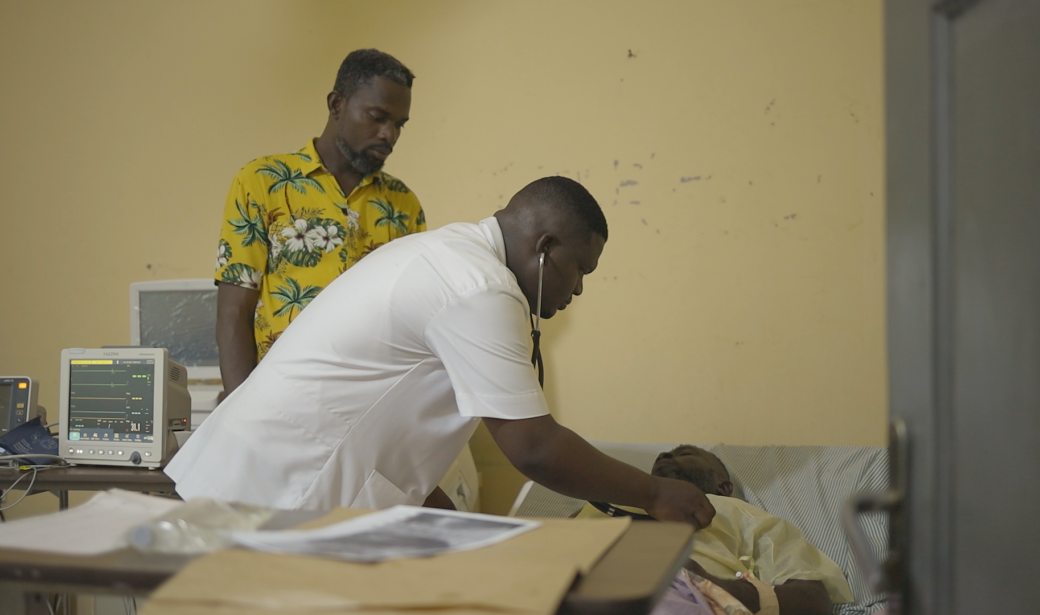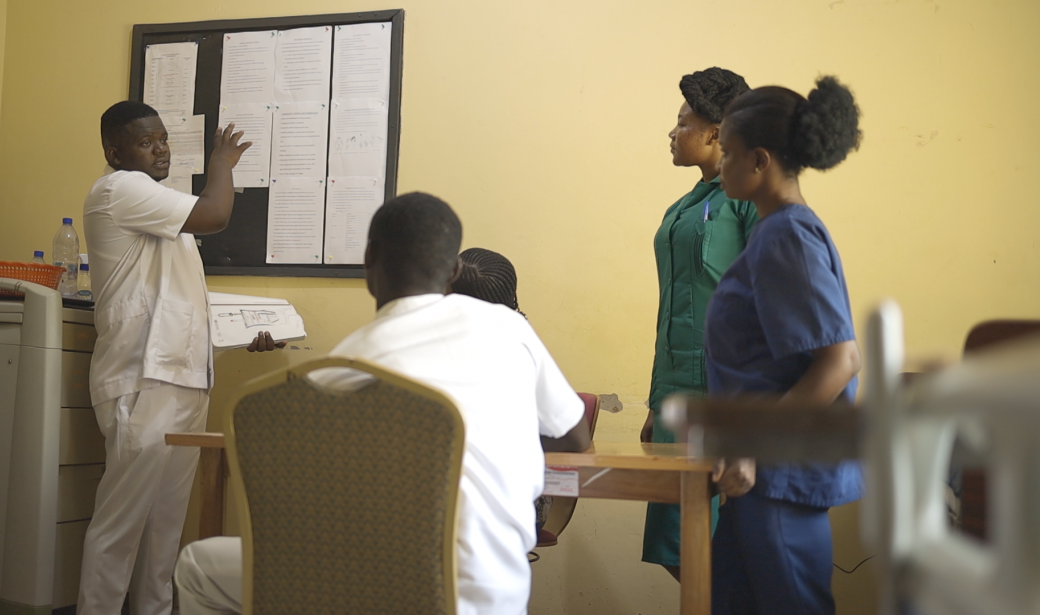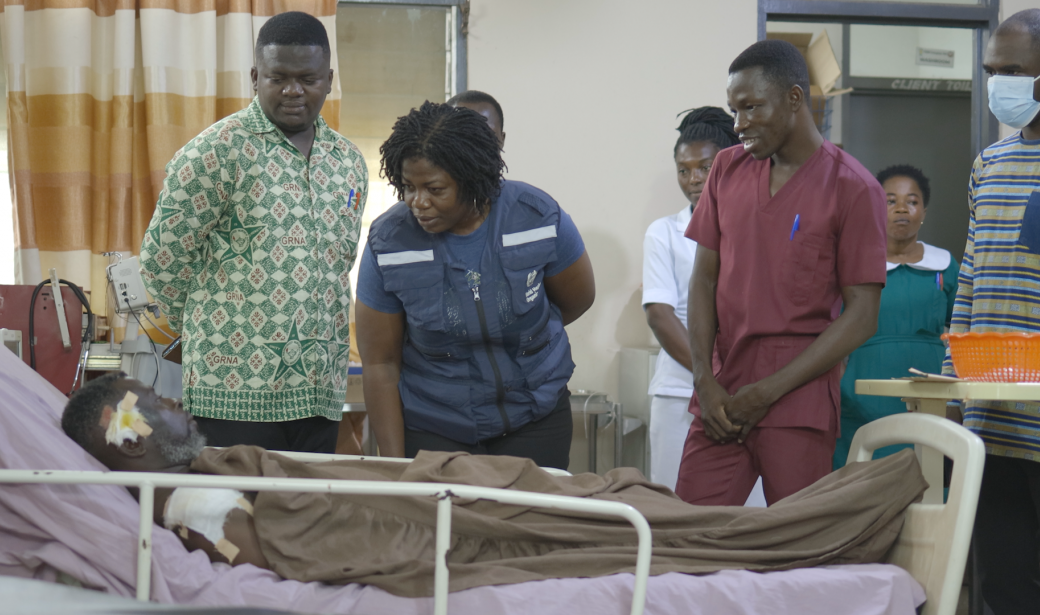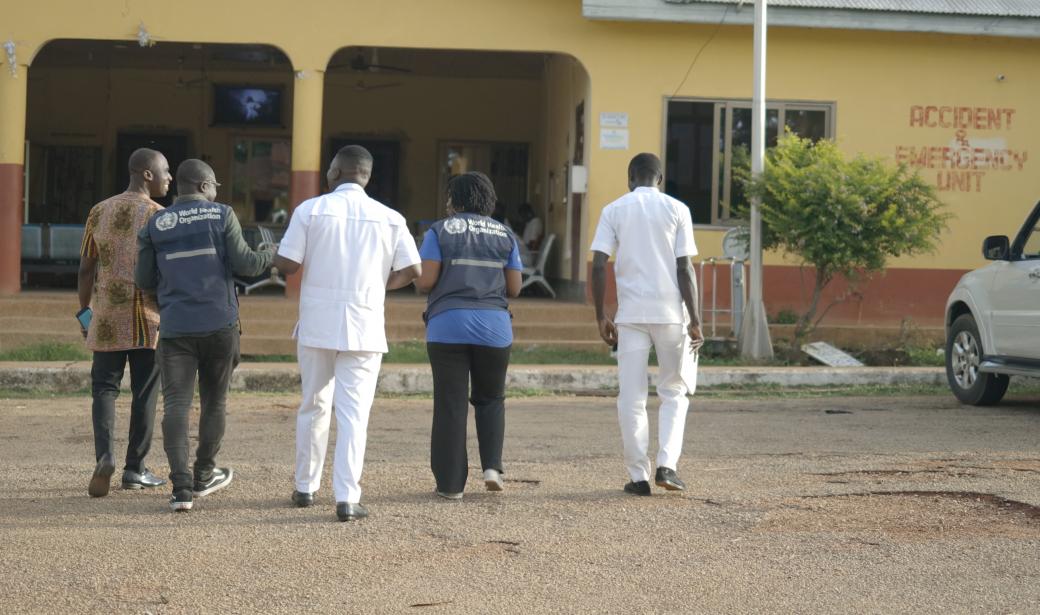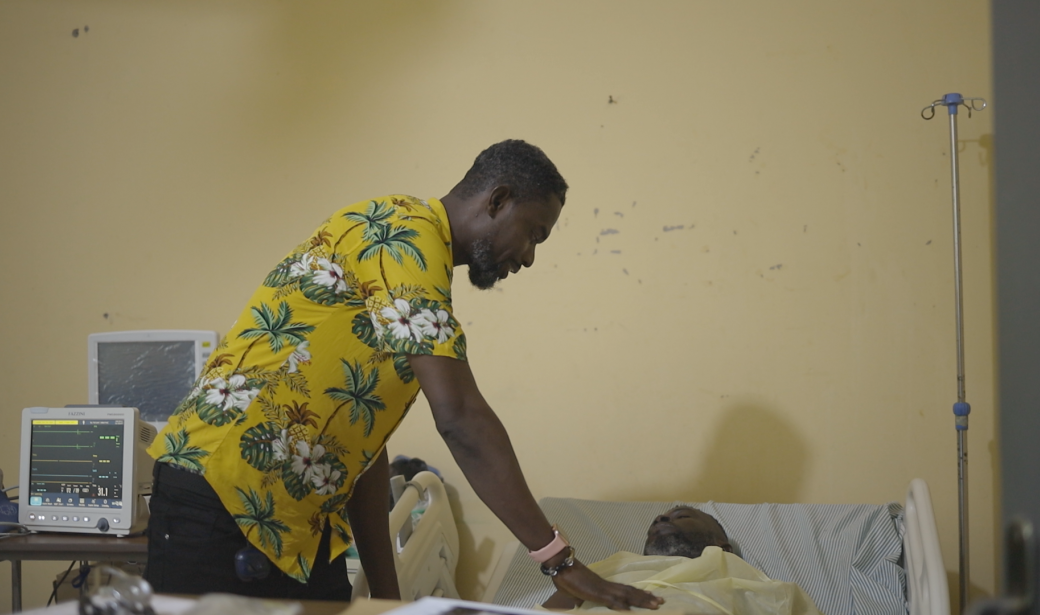Accra – Ghana has embarked on an initiative to reinforce the skills and capacity of health workers to provide basic emergency health services in low-resource settings. Although more than 37 000 emergency cases were referred for treatment by the national ambulance service in 2022, an estimated 4000 did not receive emergency support either due to lack of ambulances or bed space in receiving hospitals.
The initiative, launched in December 2022, aims to train health workers as well as bolsteremergency services often hampered by constrained health workforce and facilities. Health workers already trained in basic emergency care are noting improvements in handling emergency cases at their facilities.
His family credits the expertise of health workers at the hospital for saving his life, after Charles was left with life-threatening injuries following a serious road crash during a trip to mourn the death of a loved one.
The objective was to equip them with the knowledge and skills to assess emergency patients, and stabilize life-threatening conditions using available resources, before referral to higher-level facilities.
“This was my first formal Basic Emergency Care training, and it has significantly impacted me and our facility in general,” says Reverend Richard Sarfo Ameyaw, the hospital’s deputy nurse manager and in-service training coordinator.
Reverend Ameyaw then organized step-down training for 10 other colleagues, further strengthening the emergency care capacity of their facility. This set the stage for the hospital to establish a high dependency unit earlier this year, a ward where more intensive observation, treatment and nursing care can be administered in critical emergency cases – such as that of Charles.
Since the establishment of the high dependency unit in early 2023, which is run by the Basic Emergency Care trainees, there has been a 40% reduction in emergency case referrals in the first half of 2023 compared to the same period in 2022.
“Since its inception, the unit has managed a total of 10 cases, including multiple injuries due to assault, road traffic accidents and a severe snake bite,” says Reverend Ameyaw. “Before our training with WHO, these cases would have been referred to higher-level facilities far from here, further increasing the patients’ risk of death.”
“Until this training, none of the healthcare workers in the region had undergone formal training to provide basic emergency care services,” he says. “Given that 78% of health facilities in the region are Community Health Planning and Services facilities, with no basic emergency care capacity, this has been essential to saving more lives of vulnerable people in remote and hard-to-reach areas.”
Ama Owusu-Asare, WHO Ghana technical officer on public health emergencies, praises the basic emergency care transformation at Kintampo South District Hospital.
“Given the strategic location of this region, this will help to reduce mortalities during outbreaks or in emergency situations,” she says.
With support from the German government, WHO has also provided additional training to 72 Ghana Ambulance Service paramedics from across the country and is working with partners to scale up this basic emergency training for countrywide.
Healthcare workers from the Greater Accra region are next in line to benefit.
“Looking at the improvement, I am confident my brother will be on his feet soon. I am grateful that healthcare workers in this facility are now able to handle such severe cases.”
Communications Officer
WHO Ghana Country Office
Email: sayibui [at] who.int (sayibui[at]who[dot]int)
Tel: +233 25 795 7942
Communications and marketing officer
Tel: + 242 06 520 65 65 (WhatsApp)
Email: boakyeagyemangc [at] who.int (boakyeagyemangc[at]who[dot]int)



